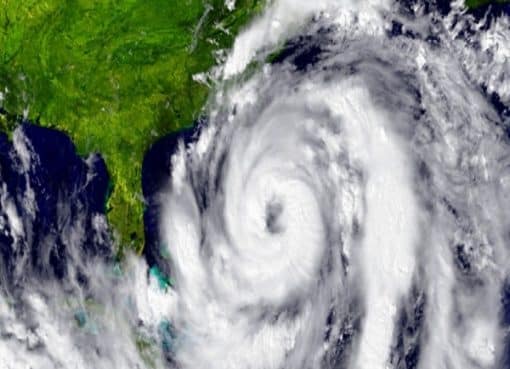COP26 wrapped up its closing talks over the weekend, but responses to the landmark climate conference have been mixed. While progress has been made on issues such as fossil fuel reliance and electric vehicles, there is a broad sentiment that the world will miss its previous target of limiting global warming to 1.5°C.
At a Downing Street press conference on Sunday evening, Johnson said that Glasgow had “sounded the death knell for coal power”.
He added: “I know it’s tempting to be cynical and to dismiss these types of summits as talking shops. But we came to Cop with a call for real action on coal, cars, cash and trees and real action is exactly what we got.”
The first draft of a deal “to accelerate the phasing-out of coal and subsidies for fossil fuels” was later watered down with more focus on scaling up clean energy facilities and only a cursory mention of reducing fossil fuel consumption alongside this.
Coal is one of the most significant contributors to carbon emissions and is the most polluting fossil fuel when it comes to carbon emissions. In recent months, China – which emits the most carbon per country globally – has committed to a series of carbon-intensive projects including newly approved steel and coal power facilities.
By the penultimate day of the conference, many commentators expressed concern that commitments from attending countries had been very weak. Later that day (Thursday), the US and China released a joint declaration committing to working together to bolster climate change mitigation efforts including cutting methane emissions, phasing out coal consumption and protecting forests.
Electric vehicles also received a big boost at the summit on ‘Transport Day’, with a group of over 100 countries, companies, states and cities committing to phasing out petrol and diesel vehicles by 2040. This followed a previous ruling from the UK to stop the sale of new ICE cars from 2030, which it bolstered at COP26 by committing to phasing out fossil fuel-powered HGVs weighing up to 26 tonnes by 2035 and all new fossil-fuel HGVs by 2040.
Norway is the world leader when it comes to ending ICE car sales as it will institute the earliest ban in just 2025.
A new declaration to end deforestation by 2030 was also made at COP26 as part of the ‘Glasgow Leaders’ Declaration on Forests and Land Use’. With trees playing a major role in absorbing atmospheric carbon, more than 120 countries pledged to halt and mitigate deforestation by 2030.
Furthermore, there was a strong focus on carbon offsetting using emerging carbon capture and storage technologies that environmental groups labelled a distraction or scam that fuels land grabs for tree planting in developing countries.
The Glasgow Climate Pact included a clause that “urged” rich countries such as the US and those in Western Europe to increase financial aid to poor countries such as Bangladesh to around $40bn (£29.8bn) annually by 2025, to help them adapt to mounting floods, droughts and other effects of climate change.
Previous agreements pledging climate funding for poorer countries have often been neglected in the past without a rigid financial framework in place. In 2009, at COP15 in Copenhagen, climate finance funding of $100bn a year by 2020 was agreed for this purpose, but only 80 per cent of this was ultimately delivered.
“My delight at this progress is tinged with disappointment,” Johnson admitted at the press conference. “Those for whom climate change is already a matter of life and death, who can only stand by as their islands are submerged, their farm land turned to desert, their homes battered by storms, they demanded a high level of ambition from this summit.
“While many of us were willing to go there, that wasn’t true of everybody. Sadly that’s the nature of diplomacy. We can lobby, we can cajole, we can encourage, but we cannot force sovereign nations to do what they do not wish to do. It’s ultimately their decision to make and they must stand by it.”
However, Johnson suggested that the watered-down language in the Glasgow Pact’s coal pledges do not “make that much of a difference”.
Labour leader Keir Starmer shot back saying: “The Prime Minister’s seeming to be saying, yesterday, that ‘phasing down coal’ and ‘phasing out coal’ are basically the same thing. I don’t agree. I think if you phase down you are reducing, but you are not eliminating. If you phase out you are eliminating.
“I don’t think the Prime Minister helps either the global effort or himself to sort of pretend or to over-pretend that this is all fine and on track, because it isn’t.”
Source: E&T










